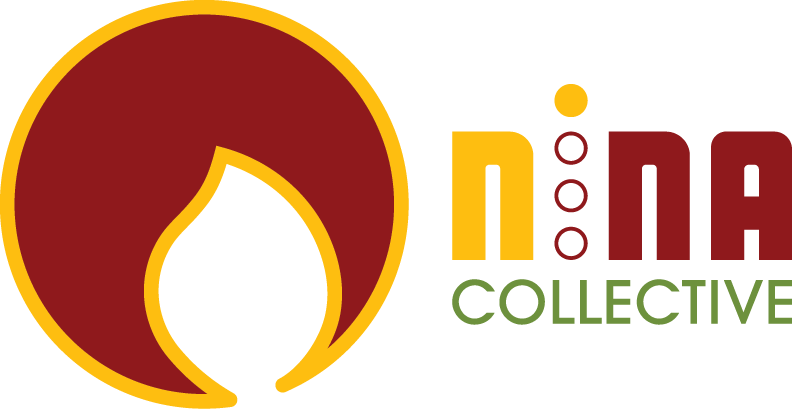It’s Go Time: Channeling Fear and Uncertainty into Action
Two Fridays ago, after learning that Supreme Court Justice Ruth Bader Ginsburg had died, I couldn’t fully process what I was feeling. I spent more time than I would like to admit scrolling through my Twitter feed, and what I saw was an overwhelming and shared sense of helplessness. People I follow for sharp analysis and light in this dark time were saying “we’re doomed”; “we’re f**ked.” I was feeling much the same way. But I also deeply needed to grab onto any sense of hope that we may find our way out of what feels like an endless plunge to the bottom. A voice in my head said, “helpless is exactly how they want us to feel.”
Meanwhile, our shared suffering continues, and it is highly racialized. Black people are two to three times more likely to contract and to die from COVID-19, and more than three times more likely to be killed by police. Families of color are disproportionately impacted by our nation’s patchwork response to educating our children in this pandemic. Black Americans and Black communities are targeted for voter suppression and disenfranchisement. Racism is the ultimate preexisting condition and the ultimate root cause.
Lately, it feels like fear and hate are winning. People at the highest levels of government are casting doubt on the legitimacy of our democracy; suggesting, among other things, that the outcome of the election on November 3 might not be valid. Some of the cities hosting the largest movement for justice in our country’s history are being called anarchists and threatened with removal of essential federal funds. An order from the White House places significant limitations on anti-racism training. Our work is being twisted by the suggestion that we perpetuate racism and stereotypes by addressing the history of racism and the very real inequities that persist today.
These are specific and intentional tactics. The efforts to stop, slow down, or turn back our progress are an indication that our work is effective and makes a difference. They are also an effort to make us feel powerless and scared. They want us to stand down. Those who benefit most from the current status quo, and more specifically from the myth of white supremacy, from patriarchy, and the concentration of wealth, would have us shrink back and find our place in the order of things. Our news for them is that it is past time for a new, inclusive normal. This moment is, in the words of Arundhati Roy, a portal to a new reality. We are not going back. We are more, we are stronger, and we will make real our vision of an inclusive society that works for everyone.
We fight by continuing our work unapologetically, by naming and addressing institutional and structural racism, and by organizing for impact. A confluence of events in 2020 has brought a one-in-a-lifetime awakening for justice. If we are collectively serious about making change, the resistance against this movement cannot scare us into submission. White folks: find your role and your voice, whether by starting conversations about race in your workplace, supporting the Movement for Black Lives, or working to ensure a democratic election. If you’ve been involved, stay in and scale up your contributions. The current status quo is not inevitable.
What do we do? To borrow the words of my brilliant colleague Jacquelyn Boggess, among others, “It’s Go Time.” Here are some ideas to channel our fear and uncertainty into action.
Participate in our democracy. Vote. This is a minimum, not a maximum. Make sure you are registered, vote early if possible, and make sure your friends, family, and others do the same. Call your elected officials and make your voice heard on the election, the Supreme Court, and reinvesting in non-police solutions to community safety.
Get your people. White people need to make sure our family, friends, coworkers, bosses, and neighbors understand and act on the urgency of the moment. Comfort is secondary. Quitting or opting out is a privilege. Bystanders are complicit.
Stay the course. Long term change requires both short-term and sustained action. Remember that resistance means our movement is making progress. Stay in community, find your role, support one another, and don’t quit.
Jordan Bingham lives in Madison, WI and is a director and consultant with The nINA Collective.
